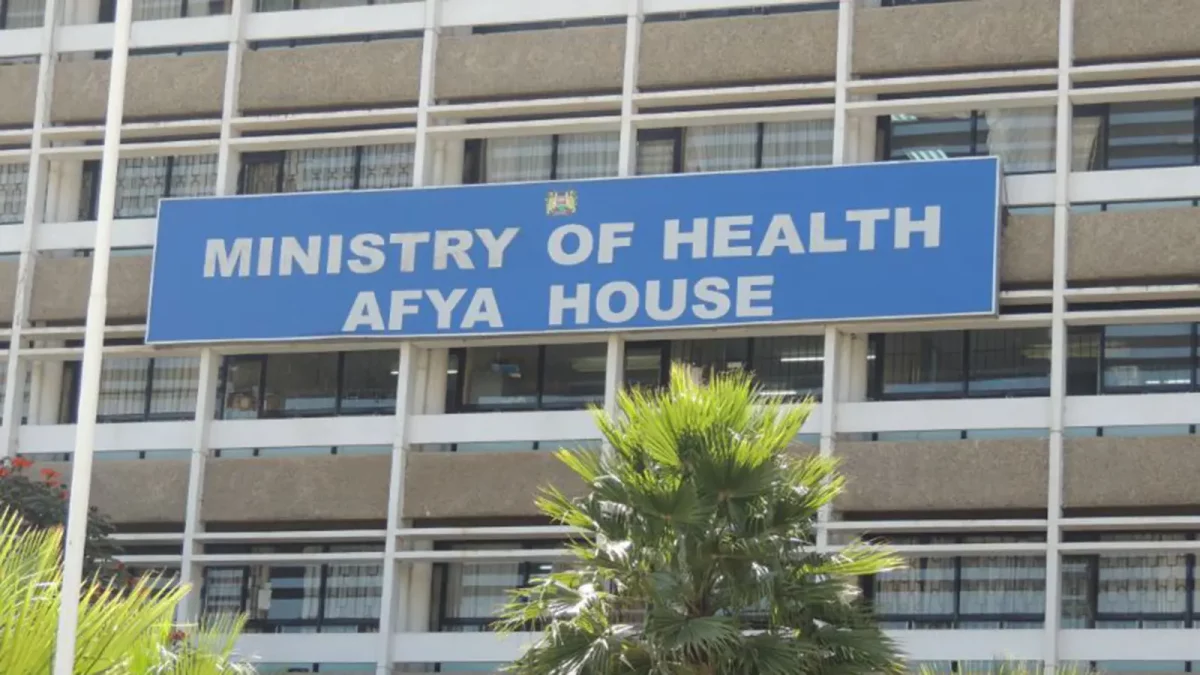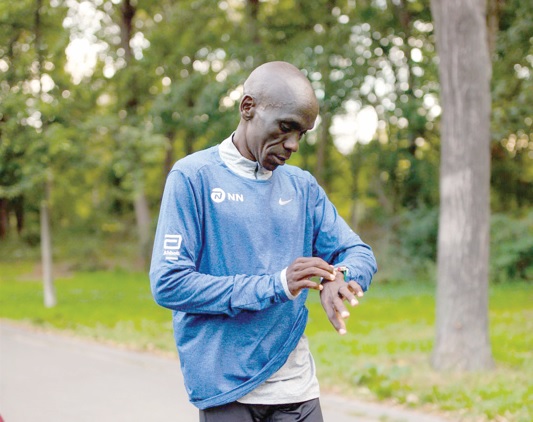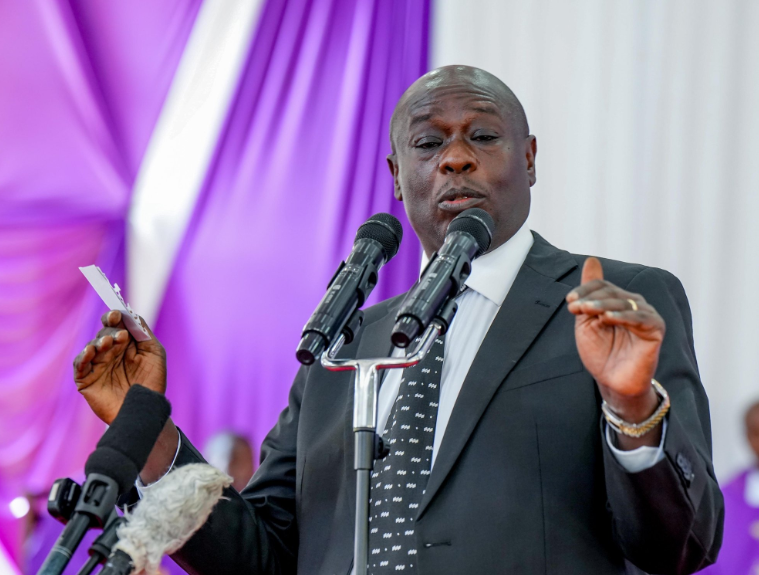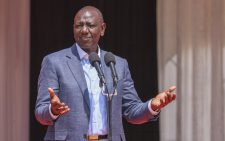Doctors: Don’t panic over Covid variant
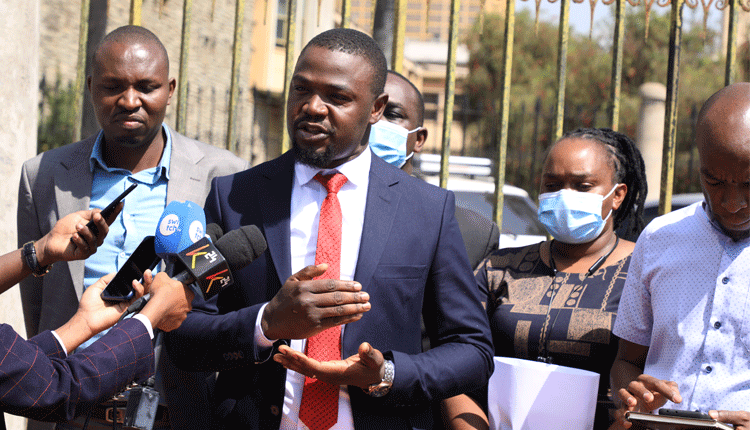
Kenyans should not panic about Omicron, the new Covid-19 variant, doctors said yesterday.
But at the same time, the Kenya Medical Practitioners, Pharmacists and Dentists Union (KMPDU), called for vigilance by the Ministry of Health and the public to check the spread of the new coronavirus strain.
The medics condemned the travel bans imposed on Southern Africa countries where cases of the new Covid-19 variant have been detected.
They accused Western nations of discrimination and issuing the travel bans based on limited information regarding the new variant.
Strong vigilance
KMPDU Secretary General Dr. Devji Atellah said from the global research unit, information available indicates that there is little in the public domain regarding the variant.
“Therefore there is no need for the public or healthcare workers to panic. But there is a need for strong vigilance by the Ministry of Health and every Kenyan.
“We are also calling upon all Kenyans to come out and get vaccinated, because this is the surest way of getting protected,” he said at a press conference Nairobi.
Atellah said countries should be collaborating in fighting the Covid-19 pandemic instead of taking measures that are seen as discriminatory.
“We can fight the pandemic together,” he said, adding that the travel bans were wrong and immoral.
Atellah said South Africa was being punished for doing a good job of identifying the Omicron strain.
“The variant is not only in Africa, but also in several countries. We are calling upon all the parties that we need to work together to fight the pandemic,” he said.
Entry points
The Union’s national chair Dr. Abidan Mwachi expressed surprise that countries that should not be shocked about the emergence of Omicron are the ones panicking and imposing travel bans.
“This can only be described as profiled and manicured racism. Banning international travels from Africa while maintaining those same channels by European countries is a shame and points to modern day apartheid,” he said.
Mwachi said travel bans were not the way to win the war on the pandemic.
The union leaders, however, called on the government not to relax the preventive measures, particularly surveillance at the points of entry.
“We are urging the government not to lower the guard,” said Mwachi.
He said there is need for the government not to relax enforcement Ministry of Health protocols and ensure hospitals are well equipped and adequately staffed.
Kenyans must also continue to observe social distancing, wear masks correctly and sanitise, he added.
“We are calling on the government to reinstate doctors who were sacked and hire more nurses here first before they are exported to work in the UK. Equally, let the government hire unemployed doctors before we go out to get expatriates,” he said.
They called for collaboration between the government, civil society, unions and other stakeholders in the health sector in raising awareness among Kenyans about the importance of getting vaccinated against the virus.
Scientific approach
“It’s important for the government to put the vaccines at the point of service delivery. Make sure Kenyans understand why they need to be vaccinated,” Atellah said.
Although many countries were beginning to open up their economies and doors to international trade and travel, reports of the new Covid-19 strain in South Africa has seen at least 38 countries across the world instituting travel restrictions.
Rwanda, Morocco, Egypt and Angola are some of the African states that have restricted flights to and from South Africa.
But the World Health Organisation (WHO) has warned against hasty moves to impose travel bans, saying countries should instead take a “risk-based and scientific approach”.
“With the Omicron variant now detected in several regions of the world, putting in place travel bans that target Africa attacks global solidarity,” WHO Africa director Matshidiso Moeti said on Sunday.

